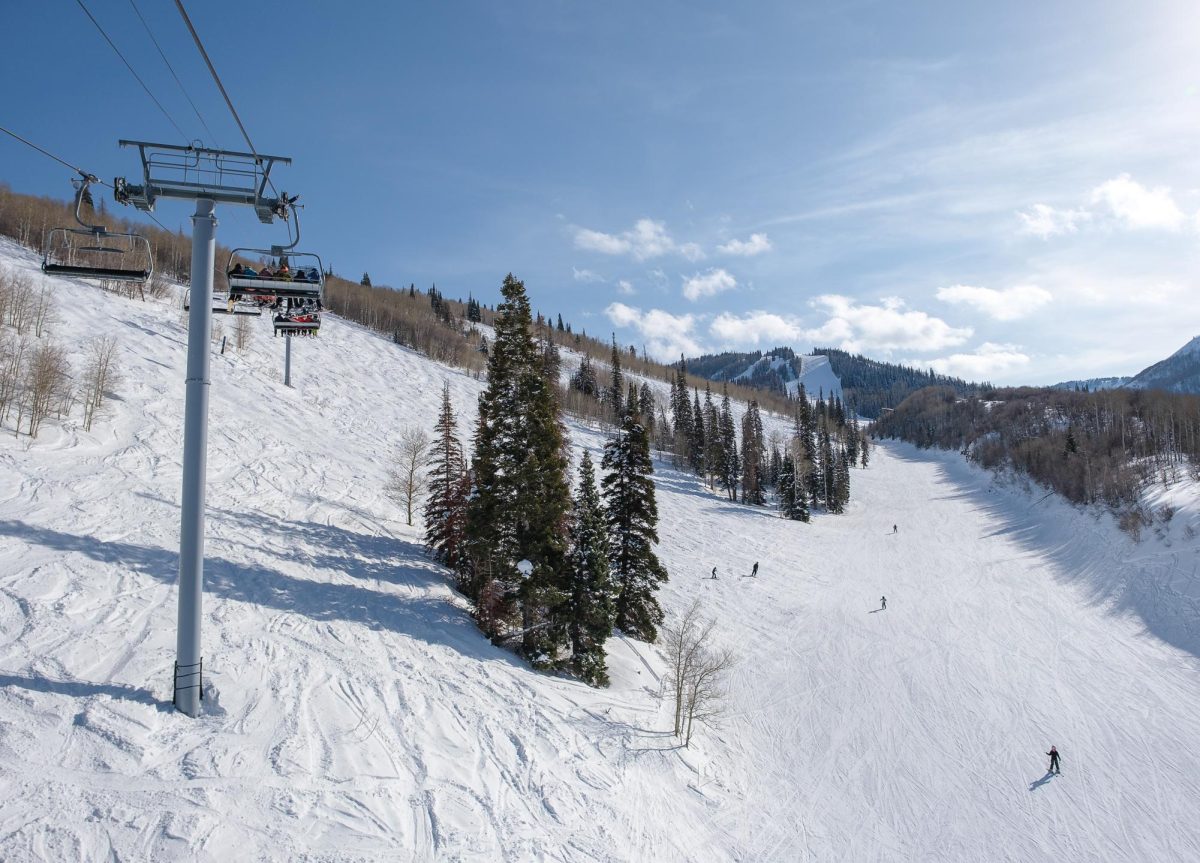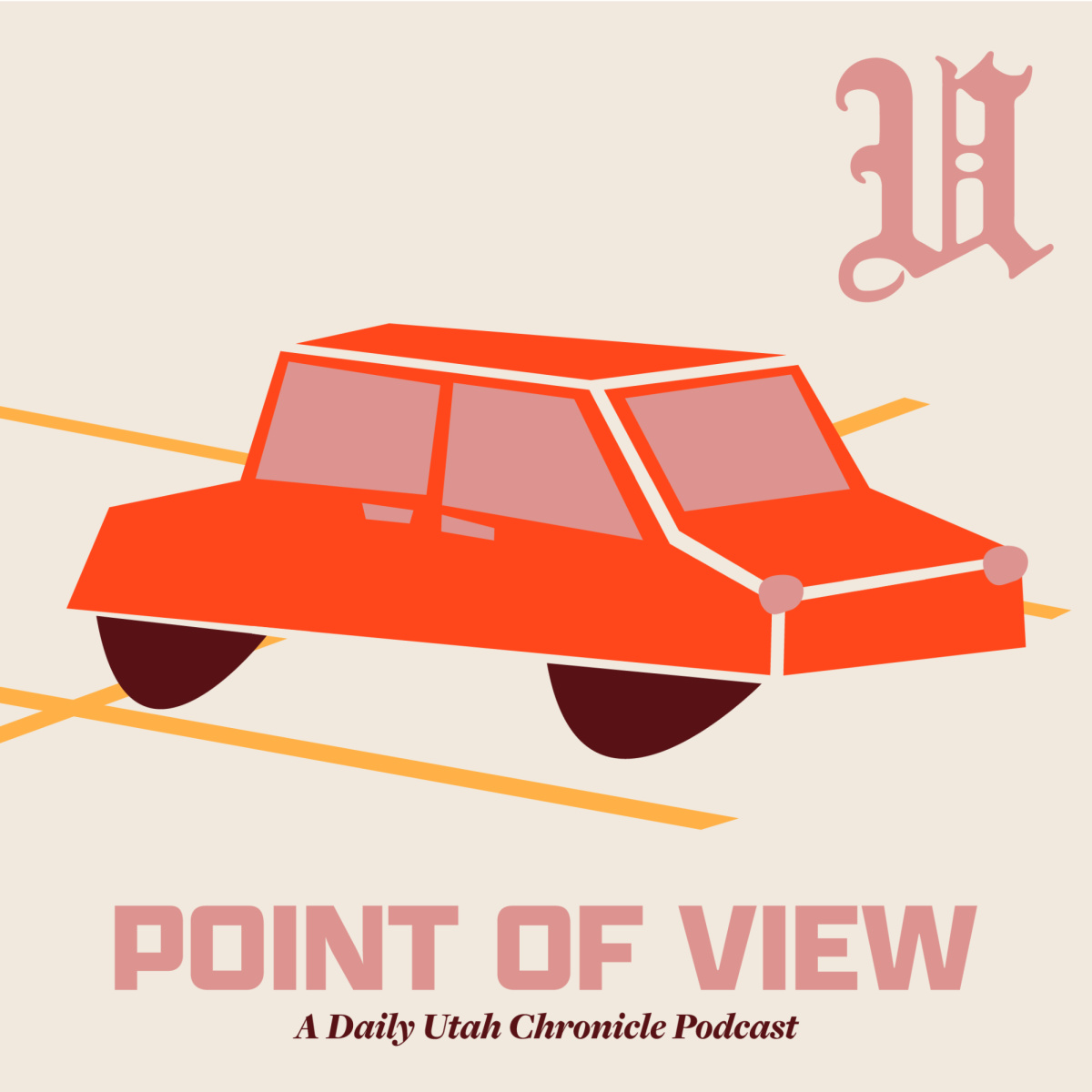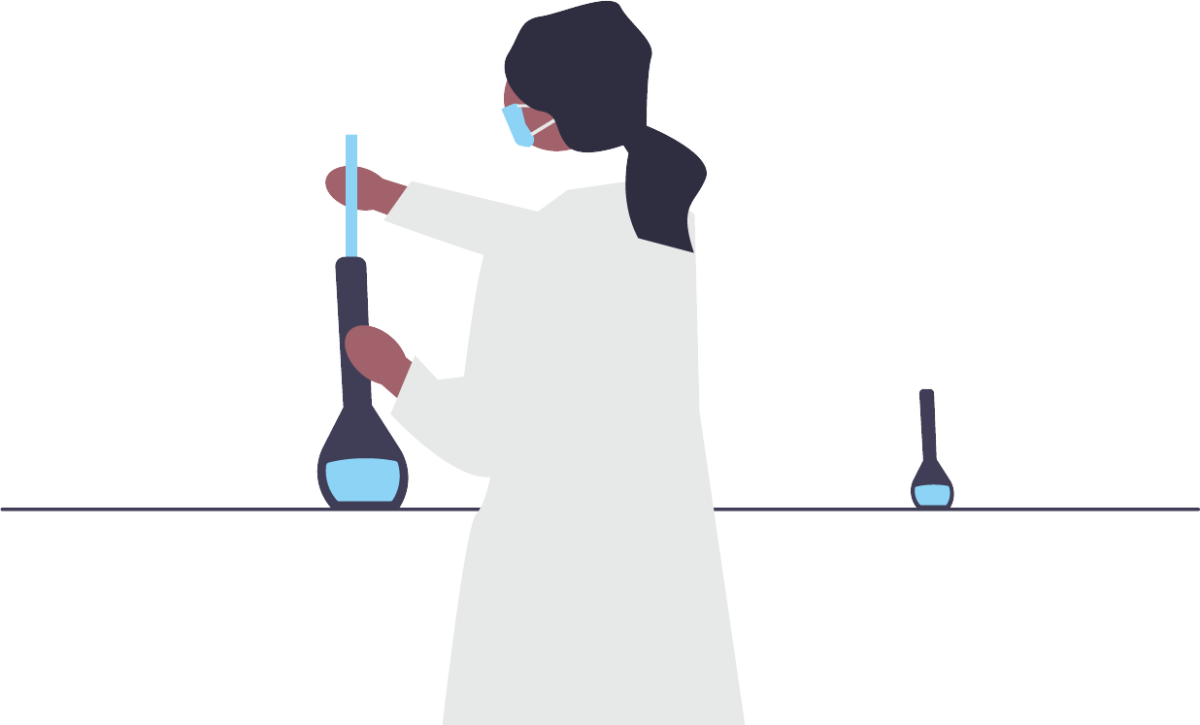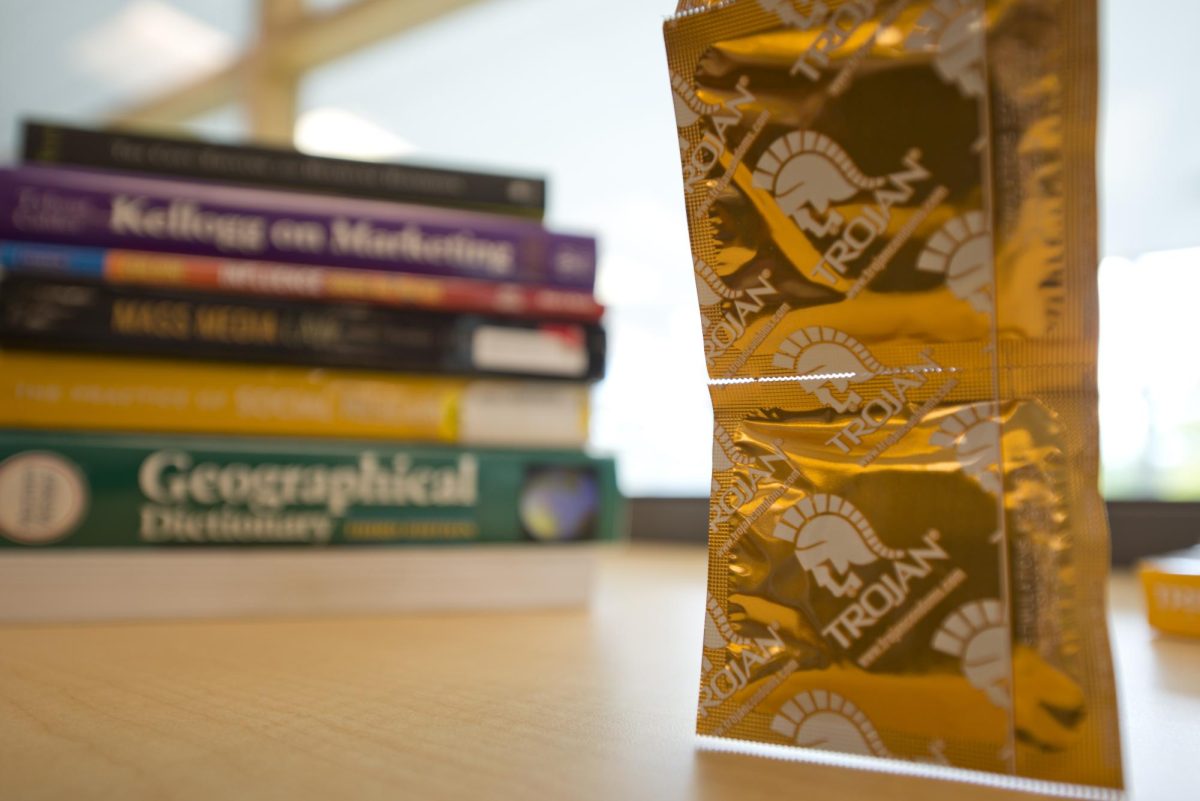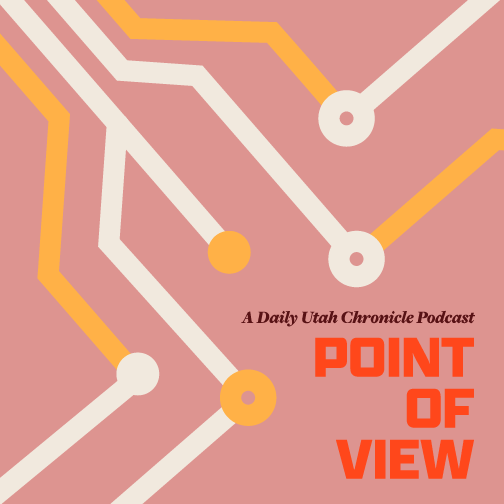As concerns over Utah’s water, weather and air increase, residents seem to breathe a sigh of relief when they see that a fresh snowstorm is on its way. Utah’s snowpack relies on a regular precipitation schedule to provide the water that hydrates the state throughout the year, especially in the bone-dry, fire-hazardous summers. While the snowpack is on a general decline, Utah’s winters have oscillated between growing extremes for the better part of a decade. As for air quality, it only takes one look out of a window to see the familiar walls of smog blocking entire mountains from view, so people scan their weather channel, hoping for some snow to come to clear it out. Utahns begrudgingly accept that pollution gets heavy in the winter and that’s “just how it is.”
While air and weather issues are concerning in their own right, their interconnectedness exacerbates the feeling that worsening environmental conditions are confusing, overwhelming and so clearly here that the ordinary person can do nothing to affect the situation. People know that small, daily acts like powering a computer 24/7, idling their car before work to heat up the seat or keeping a lush, green lawn eventually add up. Yet the idea of giving up those things is also uncomfortable because it assumes acceptance of some individual contribution to a paralyzing global crisis. It’s easier to do nothing— to redirect uncomfortable thoughts and shrug them off as someone else’s problem— than to take a hard look at your own contribution.
Besides, what dent can the individual really make? Take Utah’s valley inversion problem as a key example. Why legislate a private citizen’s ability to modify their pickup and blow black smoke down I-15 when there are multiple oil refineries clustered just north of Salt Lake? Why ask individual commuters to shoulder the responsibility for an inversion that can completely block out the blue sky?
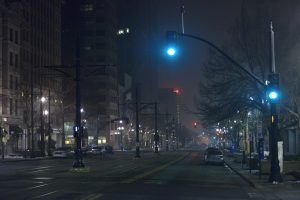
While people understand that they individually contribute to the use of resources, the creation of pollution and the decline of subsequent environmental issues, their approach to a solution is often limited. They may attempt to nickel-and-dime themselves in an effort to reduce their carbon footprint or to quell the vague sense of impending doom around environmental damage. It doesn’t need to be that minuscule or complicated. An important change can be made without abstinent restriction or taking on some amorphous corporate beasts.
To add some focus, people should address pollution in their community, and in Utah there are two issues that need heavy discussion and wise leadership: transportation and housing.
While it is true that corporate interests are often responsible for creating dangerous emissions that threaten the environment, railing at their presence can only take Utahns so far. Only 13 to 15 percent of emissions actually come from Utah’s oil refineries. The majority of emissions are created by the many, many vehicles that filter out of the suburban sprawl and congest the freeways.
Thom Carter, Executive Director of the Utah Clean Air Partnership (UCAIR) recently reminded Utahns that “50 percent of our emissions during an inversion comes from our tailpipes.” With a number that big, it’s hard not to see this as a powerful opportunity for change. People assume that corporations are the Big Bad in the pollution game, that they are implacable juggernauts with no capacity to adjust their business to reduce their impact on a community.
Even if the UCAIR website didn’t offer a list of corporate partners— some of them are even oil refineries— absolving the public of all pollution reducing responsibility is not a solution for progress. Utah enjoys rapid growth, with 57,987 new residents arriving in the last year alone. As the Salt Lake Tribune said, “the equivalent of adding a Taylorsville-size city.” If Utah freeways are already smoggy and crowded, it will take careful planning to absorb what is coming. Suburban sprawl might have worked to spread the booming population in the past, but it has also become a factor in the larger pollution problem.
It’s time for Utahns to back off from the heavy NIMBYism that prevents neighborhoods from condensing residencies into high-density housing. Where people live affects how they drive, and if they need to own a personal vehicle at all. Having more homes near TRAX stations improves the possibility of sufficient public transportation. If even Salt Lake County alone had a reliable and well-advertised public transportation system, Utahns would be empowered to cut their contributions to yearly inversion short.
Most importantly, young college students need to begin assessing their role and to take advantage of campus opportunities to help them cut back. University of Utah students have the benefit of a regular shuttle system and TRAX lines to help them practice habits conducive to long-term public transit use. Students often feel caught in the middle between generations with the most power to affect change— and presumably the least interest in doing so— and younger generations who will inherit these environmental problems in full force. It is up to them to take initiative on these pressing issues as they manifest in their community and country.








